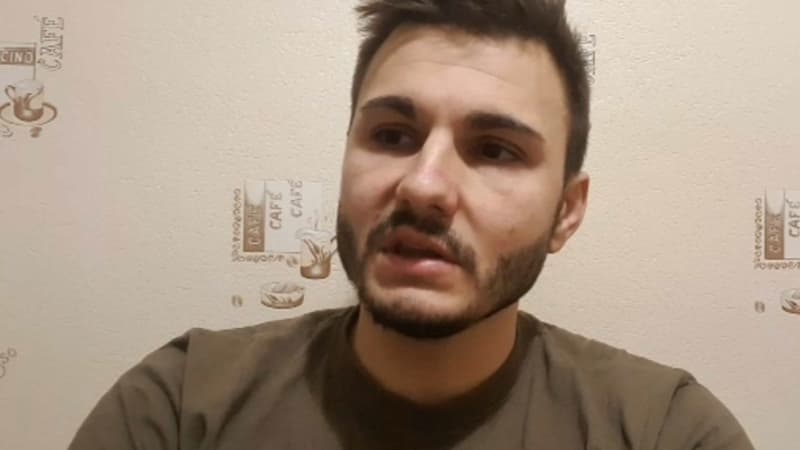A “butcher shop” where the wounded follow one another by the hundreds throughout the day. For several days now, and while the Kiev forces have liberated Kherson, the front line in Ukraine has stabilized in the east, and the most intense fighting is concentrated around the city of Bakhmout, which the Russians have been trying to take for a long time. Several months.
Limbs torn off, faces disfigured
With BFMTV, Arsène Sabanieev, a Franco-Ukrainian anesthesiologist-resuscitator, describes his daily life on site. Posted to France at the start of the conflict, he volunteered in the Ukrainian army to treat wounded soldiers as close to the front lines as possible.
“It’s a butcher shop. The number of wounded that arrive daily is immense. There are around 100 to 150 minimum casualties per day, sometimes 200, 250 or 300 for small medical teams. They are in very poor condition. disfigured faces. It is quite an intense medicine, ”he explains at the beginning.
From a strictly medical point of view, Arsène Sabanieev points out that the most widespread injuries are due to the artillery used by the Russians:
“90% of the time it’s shrapnel, artillery and 10% trauma from the shock wave from the explosion. I haven’t seen gunshot wounds in three weeks.”
“We are 5 minutes from the front in a van, the soldiers and civilians are arriving, our objective is to stabilize them, so that they do not die in an hour, to take them to the hospitals that are an hour away from it. medial position so that they can be properly cared for by surgeons,” he reveals again.
“The Titans”
Outfitted himself in a bulletproof vest, plate carrier, helmet, and ear protection, the doctor claims to have treated only “men of all ages.”
“We call them titans, people in extreme conditions, true heroes. In three weeks, I have never heard a doctor, soldier or civilian talk about negotiation, capitulation or trying to find a compromise. We are here -down and we will make it go all the way, We know the price we are paying, which is immense. It is a necessary sacrifice for the survival of Ukraine,” he insists.
By way of conclusion, Arsène Sabanieev would like to recall that “the war began in 2014”, but that mobilization, particularly of the Ukrainian diaspora in France, has been difficult. “No one paid attention to us, because in France pro-Russian gangrene is well established,” he addresses.
Source: BFM TV


